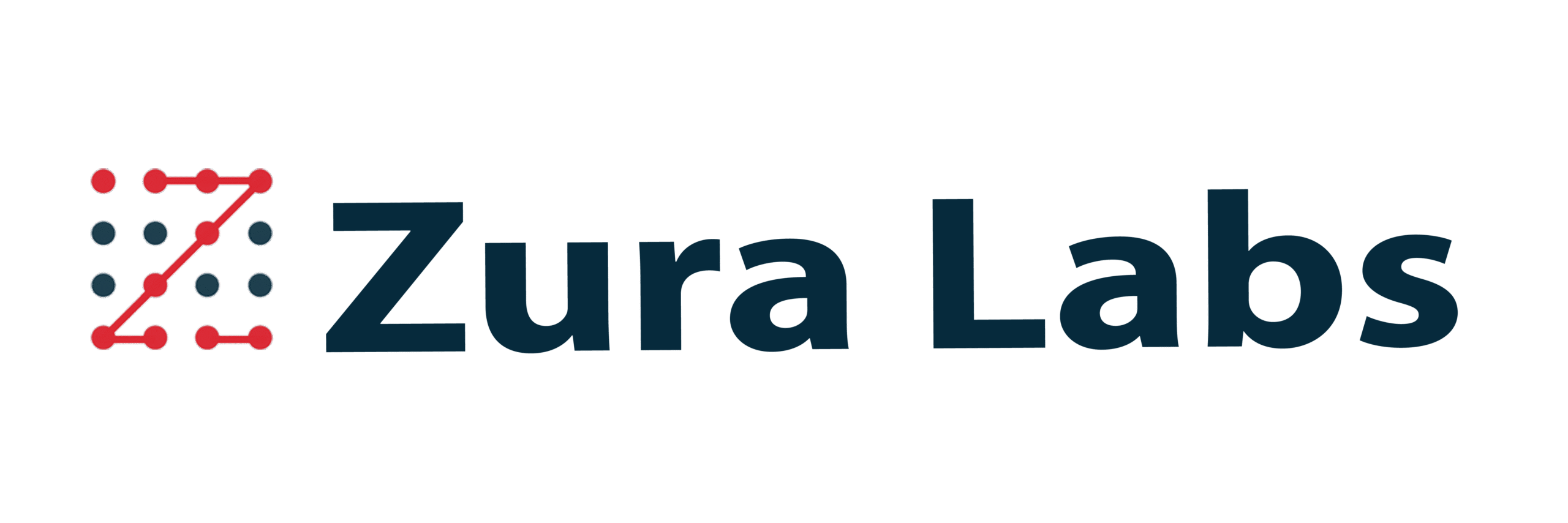Data Science for various Industries
BFSI
Banks, Financial institutions and Insurance can leverage AI and ML for fraud detection, risk management, algorithmic trading, and personalized banking services. Predictive analytics also help with investment strategies and credit risk assessments.
Healthcare
AI and data science are transforming healthcare through personalized medicine, predictive analytics for patient outcomes, drug discovery, and automating administrative tasks. Machine learning models help improve diagnostics, optimize treatment plans, and enhance patient care.
Retail and E-Commerce
AI and ML drive personalized shopping experiences, recommendation engines, demand forecasting, inventory management, and customer behavior analysis. Data-driven insights optimize marketing strategies and enhance customer retention.
Manufacturing
AI-powered solutions improve production efficiency, predict equipment maintenance needs, and optimize supply chains. Machine learning models can also forecast demand and reduce waste, contributing to leaner operations.
Logistics and Supply Chain
AI helps optimize route planning, reduce fuel costs, and predict supply chain disruptions. ML models assist with demand forecasting, inventory management, and logistics automation, driving operational efficiency.
Telecommunications
Telecom companies use AI for network optimization, predictive maintenance, fraud prevention, and customer service automation (e.g., chatbots and virtual assistants). Machine learning enhances customer experience through personalized services and usage analytics.
Energy
AI and ML are used for predictive maintenance, optimizing energy consumption, and improving energy grid management. In renewable energy, data science helps with resource management, energy storage, and forecasting demand.
Automotive
The automotive industry benefits from AI in areas like autonomous driving, predictive maintenance, and vehicle safety enhancements. Machine learning is used for real-time decision-making in self-driving cars and for improving supply chains and manufacturing processes.
Education
AI and data science enable personalized learning experiences, automate administrative tasks, and predict student performance. Machine learning can identify learning patterns and adapt educational content to individual needs.

